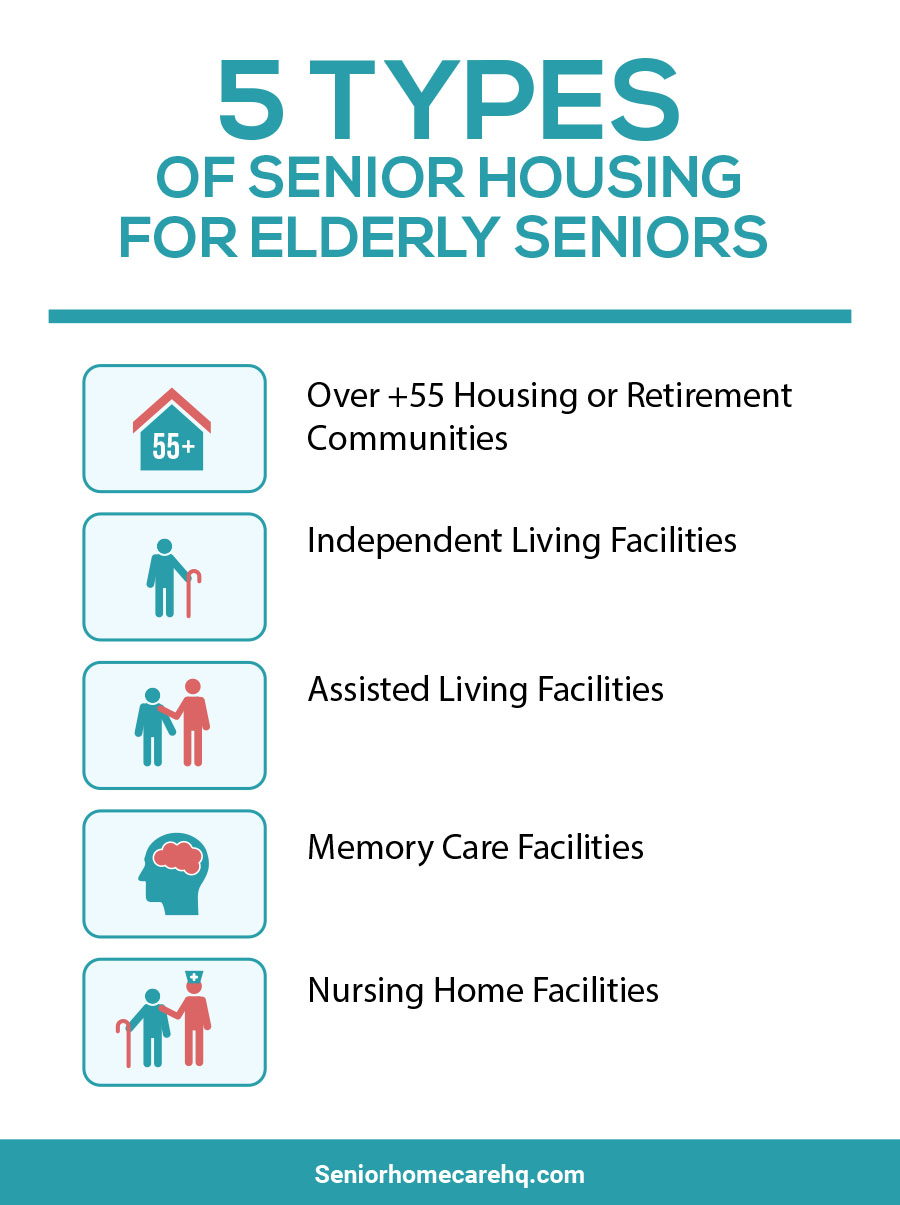
Conversations about the end-of-life were never appropriate during diagnosis. Families needed to take time to process this news. While a memory service typically focuses on the diagnosis, treatment, and discharge to primary care, conversations about end-of-life care were not as taboo as they once were. As the program developed, it became more natural for the family and the clinician to discuss end-of-life options. By building relationships with the families, the conversations became more natural.
Alzheimer's Disease is the most common kind of dementia.
Alzheimer's Disease is the most common form of dementia. It accounts for nearly two-thirds. It causes brain damage that gradually reduces communication and thinking abilities. Alzheimer's disease causes brain function to decline over time. Therefore, symptoms can vary from person-to-person. The disease is more common among seniors. However, genetics as well as lifestyle factors can increase the likelihood of getting it.
One person could have multiple forms of dementia. Other conditions, such as vascular or Lewy bodies, can also cause dementia. These diseases cause damage to brain blood vessels, resulting in memory and thinking problems. Vascular dementia can appear suddenly or slowly over time. Sometimes, symptoms from both types may be present at the same time. People with vascular disease may also suffer from strokes and other medical conditions that restrict blood flow to their brains.

Memory medication can be used to treat Alzheimer’s disease
Alzheimer's can be treated but there is no cure. However, medications can ease the symptoms and slow the disease's progression. These drugs are determined by specific tests that measure memory, thinking, reasoning, awareness of place and time. There is no cure but some drugs may improve the quality of your loved one's life. To make your loved one's life as comfortable as possible, here are some medications you can try.
Medication for Alzheimer's disease has shown some promise. The lowest effective dose is used and then gradually increased to achieve maximum effectiveness. However, it is important to note that these medications have side effects that may be dangerous for some people. Some people may not experience any benefit or improvement from this medication. So, it's important to discuss all possible side effects and benefits with your physician before starting any medication.
Memory care can be provided by assisted living communities.
Assisted living communities can provide a wide variety of services to assist older adults. These services include medication management as well as housekeeping and laundry. They also offer transportation and social programs. In addition, staff is on-hand 24 hours a day. Some communities provide separate dining rooms that cater to individual nutritional needs. Other residents may bring their personal furniture and belongings. For elderly residents who need extra help with daily activities, assisted living facilities can be an option.
Some assisted living communities have rooms, wings, buildings, or other facilities for residents with memory difficulties. These memory care facilities can provide 24 hour supervision and may also have structured activities and outdoor socializing areas. Some facilities charge for services. Depending on the type of care needed, memory care may be an appropriate option for some seniors. However, some assisted living facilities also provide memory care for seniors who do not have a history of dementia.

Medicare does not cover memory care
Although Medicare doesn't cover memory care services in any way, certain facets of the service are covered by Medicaid. These services are provided in nursing homes. The specific services offered may differ from one state to the next. Around 12 million people qualify for dual eligibility, meaning that they can get both Medicare and Medicaid. There are different types of Medicaid and Medicare plans, and each may cover memory care. Medicare may provide coverage for Alzheimer's in some cases, so long as it is medically necessary.
Medicare will only cover short-term memory care. Long-term care, assisted living and personal care services are not covered by Medicare. Medicaid and Medicare supplemental insurance (Medigap), cover many personal care services. Memory care is often seen as an option that isn't available to everyone. However, many people mistakenly believe this is only for those who live in memory-care communities. In reality, many dementia patients require both long-term care and custodial support.